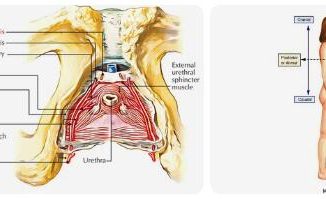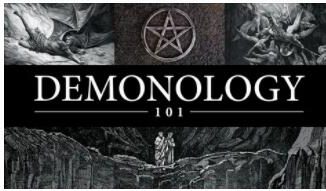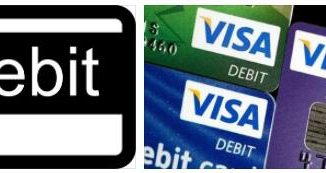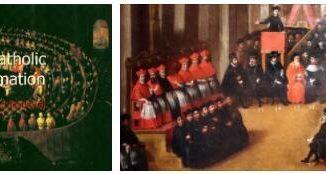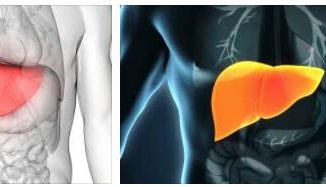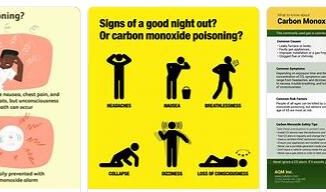The history of the dictionary dates back to ancient times when people first began to record language. One of the oldest known dictionaries is the Akkadian Empire’s Sumerian Dictionary, which dates back to around 2100 BCE. This dictionary was created by a group of priests who were responsible for maintaining and preserving the language of their empire. It contained over 12,000 words and was organized into syllables, which enabled them to accurately communicate with each other. In the centuries that followed, many other cultures created their own dictionaries to document and preserve their languages. The Greeks had a lexicon called “Onomasticon” which was composed by Aristotle in the 4th century BCE and contained over 30,000 words. The Romans also had their own dictionary called “Lexicon Latino” which was written by Marcus Terentius Varro in the 1st century CE and contained over 100,000 words. The first English dictionary was published in 1604 by Robert Cawdrey under the title A Table Alphabeticall. This book contained around 3,000 English words with brief definitions for each one and became known as the Table Alphabeticall Dictionary or Cawdrey’s Table Alphabetical Dictionary. In 1755, an expanded version of Cawdrey’s book was published by Samuel Johnson under the title A Dictionary of The English Language. This book contained around 42,773 words with more detailed definitions than those found in Cawdrey’s work and became known as Johnson’s Dictionary or simply Dr Johnson’s Dictionary. It remained a popular reference work until it was superseded by Noah Webster’s American Dictionary of the English Language in 1828 which contained 70,000 entries with more comprehensive definitions than those found in Johnson’s work. Today there are many different types of dictionaries available ranging from pocket-sized pocket dictionaries to large multi-volume works such as Oxford Advanced Learner’s Dictionary or Webster’s Third New International Dictionary which contain millions of entries with detailed definitions for each word listed within them.
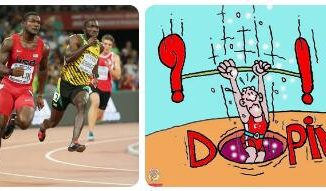
Definitions of Doping
Doping is called the act and the result of doping: supplying certain substances with the aim of artificially enhancing organic functioning, putting health at risk. […]
